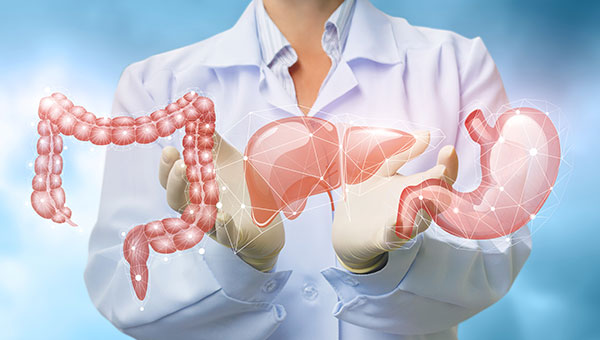Our program was presented by Dr. Kidambi, a specialist in Gastro Entology at the City of Hope where he is the director of the Colon Cancer Detection program. He gave us an overview of colon cancer symptoms and early detection. The cancer starts in the rectum. About 1 in 20 will be detected with colon cancer, the third most common cancer. There are approximately one million survivors. The contributing factors are diet, smoking, alcohol, and age.
The symptoms that may indicate colon cancer are abdominal pain, change in bowel habit, and blood in the stool. The most common are no symptoms at all. In the last 10 years colon cancer has increased about 11%, and in another 10 years it is supposed to double. With the higher incidence of the cancer in younger adults, the recommended age for a colonoscopy is 45 years instead of 50.
Dr. Kidambi had several recommendations for the prevention of colon cancer. He said that Lo Dose aspirin has been found to be helpful, although you should talk to your doctor. Diets high in magnesium and high fiber are recommended along with a mediterrainian diet. Limit refined sugars and processed foods. Probiotics are recommended and can be found at Sprouts, Trader Joe’s, and other markets.
Screening is very important for detection. The colonoscopy is the most common for detection of benign and cancerous polyps, and the polyps can be removed as part of the process. Other screening methods include the CT Scan and Cologuard.
The big complaint with the colonoscopy is the preparation before the procedure. The old process of drinking a gallon of liquid the day before the procedure has been replaced by a low volume process that is about 10% of the former gallon requirement. There is another process where 12 pills, Sutabs, are taken the night before the colonoscopy and 12 on the day of the process.
Dr. Kidambi ended his presentation with taking questions. As far as plant based products such as the impossible burger, he said the risk was with the high sodium and highly processed food. In regard to the time between colonoscopies, he explained that if benign polyps are found, then the recommended time is 10 years. If cancerous polyps are found, the time between the procedure would be somewhere between 1 to 5 years.
Our program was presented by Dr. Kidambi, a specialist in gastroentology at The City of Hope

 Let’s Recap! 4/19/24
Let’s Recap! 4/19/24 